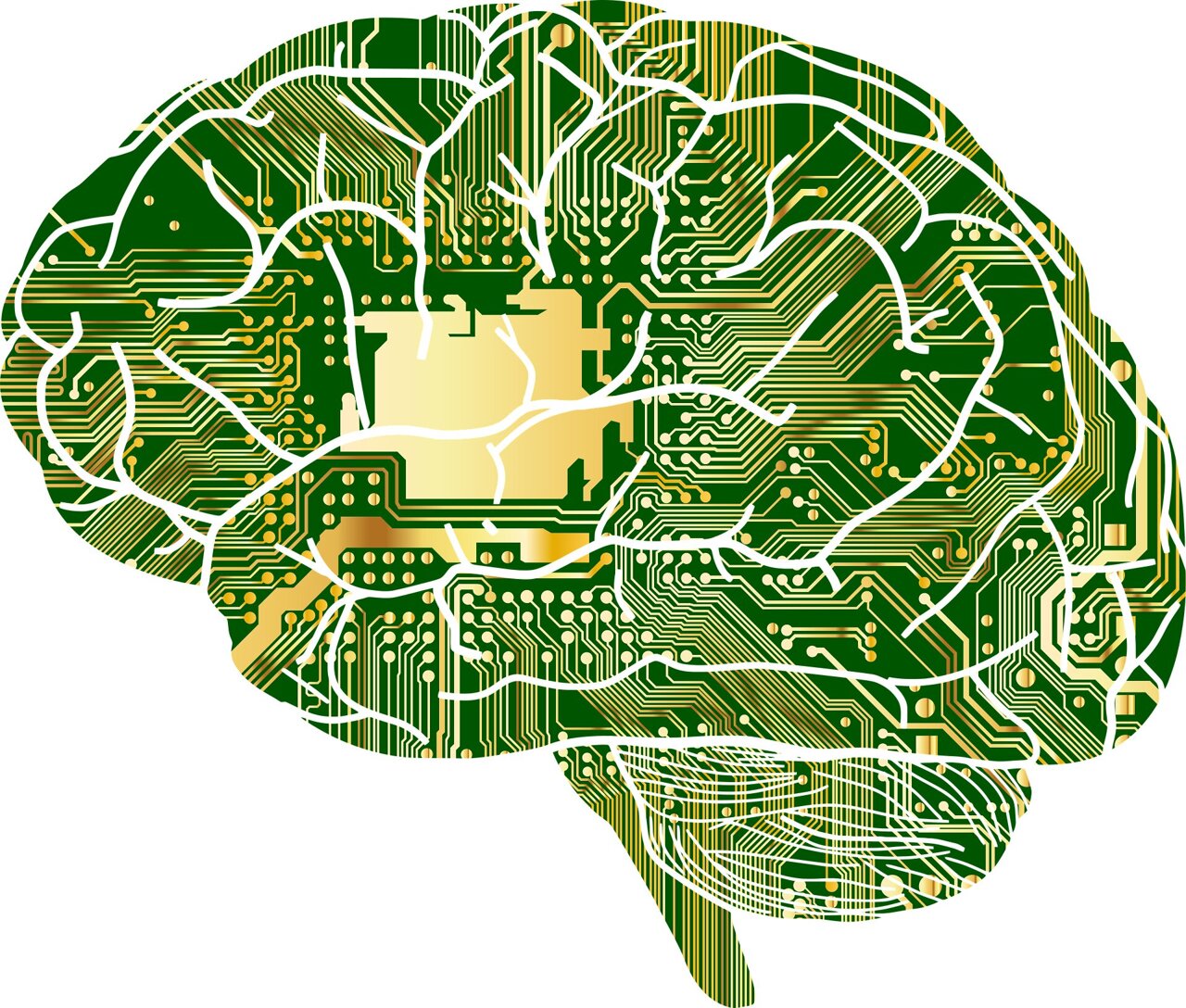
The Growing Role of AI in Education
As social media platforms continue to flood with content on how to leverage AI for academic tasks, the conversation around artificial intelligence in education is becoming increasingly complex. From videos titled "How to Use AI to Write Your Essay in 5 Minutes" to guides on bypassing readings with ChatGPT, the focus has largely been on the technical aspects of AI use. However, this emphasis on methods and mechanics risks overshadowing more critical questions about the purpose and appropriateness of using these tools.
Beyond the "How": The Philosophical Questions
The discourse surrounding AI in education often centers on practical concerns—how to craft the perfect prompt, how to integrate AI into academic work, or how to detect its use. While these are important issues, they represent a narrow perspective that neglects deeper philosophical inquiries. Specifically, educators must ask: Why should we use these tools in the first place, and when is it appropriate to do so?
Addressing the "how" involves solving technical challenges, but answering the "why" and "when" requires a philosophical foundation. Without a coherent framework, the integration of AI into learning environments may become aimless, driven by novelty rather than meaningful educational outcomes.
Virtue Epistemology: A New Lens for Learning
Two key frameworks can help shift the conversation from technical efficiency to a more thoughtful approach. The first is virtue epistemology, which emphasizes that knowledge is not merely the accumulation of facts but the result of practicing intellectual virtues such as curiosity, perseverance, and critical thinking. This perspective reframes the role of AI in education—not as a shortcut to polished outputs, but as a tool that supports the development of these essential qualities.
For example, if a student uses AI to brainstorm counterarguments for a debate, they are engaging in intellectual flexibility. Similarly, using AI to map connections between theoretical frameworks in a research paper can deepen conceptual understanding. In both cases, AI serves as a means to enhance the learning process, not replace it.
The Dangers of Bypassing Intellectual Labor
However, when AI is used to avoid the struggle that builds intellectual virtue, it undermines the very purpose of learning. For instance, a graduate student who generates a list of research without engaging with the sources misses out on the critical process of synthesis and analysis. This approach contradicts the views of philosopher John Dewey, who saw learning as an active, experiential process rooted in doing, questioning, and grappling with complexity.
Assignments that prioritize perfection over process encourage students to see learning as a matter of prompting and receiving rather than constructing meaning. This mindset reduces education to a transactional activity, where the goal is to produce a product rather than develop skills.
Care-Based Approaches: Prioritizing Relationships
In addition to virtue epistemology, a care-based approach offers another crucial perspective. As philosopher Nel Noddings argued, education should prioritize relationships and the needs of individual learners over rigid rules. This means that the question of "when" to use AI cannot be answered with a simple rubric.
For some students, AI can be a compassionate tool that helps them overcome barriers to learning. For example, a student with a learning disability or severe anxiety might benefit from using AI to structure their initial thoughts, allowing them to engage with the intellectual labor of a task without being overwhelmed by the mechanics of writing. In this context, the use of AI is not about avoiding effort but enabling deeper engagement.
Conversely, for students who need to develop foundational skills, relying on AI for basic tasks could be counterproductive. Deciding when to use AI requires educators to understand each learner's unique needs and goals, making it a relational rather than a technical decision.
The Mediating Role of AI
Historian and philosopher Michel Foucault challenged the notion of the lone, autonomous author, arguing that all creation is mediated by language, culture, and prior texts. AI, as a powerful new mediator, makes this truth impossible to ignore. Rather than focusing on policing originality and plagiarism, educators should consider how AI can support or hinder intellectual growth.
This shift in perspective moves the focus from controlling students to shaping meaningful learning experiences. The central question becomes not whether AI should be used, but under what conditions it enhances the learning process.
Redesigning Assessments and Policies
Currently, many educational systems are investing in AI detection software, but this approach may not address the root issues. Instead of focusing on surveillance, schools should invest in redesigning assessments to align with the values of intellectual labor and virtue. Similarly, policies requiring students to declare AI use are insufficient unless they lead to meaningful conversations about the role of these tools in learning.
Educators must take a proactive role in guiding students through the ethical and philosophical dimensions of AI. This involves not only understanding the technology but also reflecting on what it means to produce knowledge and cultivate intellectual character.
Moving Forward with Purpose
The responsible integration of AI into education depends on a commitment to values that prioritize human development over efficiency. It requires educators to act as architects of learning, shaping environments where students can engage deeply with ideas and build the skills necessary for lifelong growth.
It is time to move beyond the default focus on "how" and instead lead the conversation about the values that define when and why AI fits within meaningful and effective learning. By grounding our approaches in philosophy, ethics, and care, we can ensure that AI serves as a tool for empowerment, not a substitute for intellectual growth.